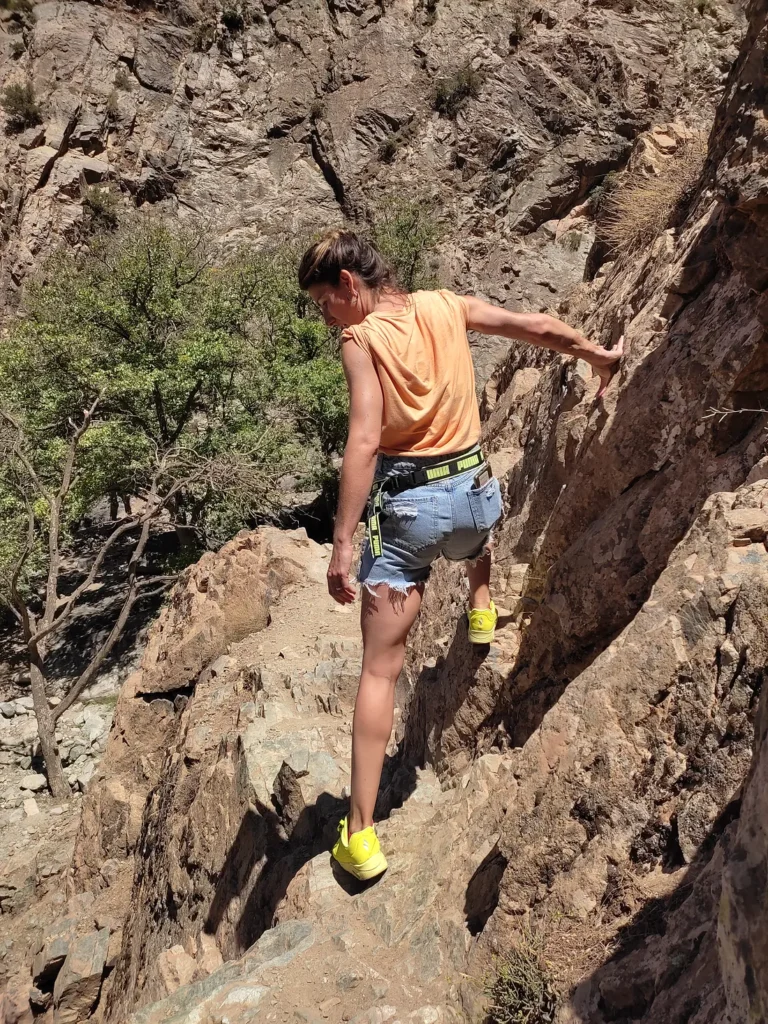- 0041 76 2050 764
- nika@mentalgamepro.com
- Lausanne, Switzerland
Have you ever tried bungee-jumping? Or wished you had the courage to try something extreme, like skydiving?
Risk taking and adventure seeking is probably more important than we think.
However, as a Swiss resident I see a lot of extreme sports go wrong every year. And recent human tragedies in the Swiss and Austrian mountains made me think about the allure of danger and decision-making in extreme sports.
Thrill-seekers are often labeled as reckless. But that is far from true.
So what drives them to push the limits?
Before tragically dying from a fall off of a dangerous cliff, Ueli Steck, a legendary Swiss mountain climber wrote, “The most important thing was to stay aware of the risk at any given moment and control it. If I managed to do this, I would certainly be able to experience more exciting moments in the mountains without killing myself.”
It’s a powerful reminder of the fine line between thrill and danger.
Research by Erik Monasterio and Eric Brymer tells us that athletes like BASE jumpers tend to be calculated and self-directed, not impulsive and mere adrenaline junkies.
During the recent pandemic and the questionable lockdowns, extreme athletes have also proven to have had better coping skills with stress and isolation.
But there are two crucial lessons to be learned from the mistakes and tragedies of extreme endeavours.
One major danger is the “heuristic trap” — the tendency to make decisions based on shortcuts and familiar patterns, even when those patterns lead to danger.
Another danger comes form the pressure to capture the perfect shot for social media. This can lead extreme athletes to push themselves beyond safe limits in pursuit of online validation.
Researchers like Andrea Mannberg suggest innovative training methods could better prepare athletes for the complex decisions. By recognizing and challenging their heuristic biases — like overestimating familiar terrain or succumbing to the path of least resistance — athletes could significantly enhance safety.
So the next time you find yourself at a literal mountain peak or a metaphorical decision point in your life, ask yourself: What risks am I willing to take?
And am I making that choice with control or am I falling into a heuristic trap?
As a sports psychology enthusiast, I’m intrigued how extreme sports can reveal key insights in human behavior. And thus I want to share a few key lessons with you:
Watch Out for Shortcuts: Just as freeride skiers may miss signs of danger on a familiar slope, it’s easy to overlook risks in familiar situations. Always double-check even the routine choices.
Prep Like a Pro: Extreme athletes train hard before a challenge. Prepping thoroughly for any important decision can lead to better outcomes.
Be the Devil’s Advocate: Ask yourself “What could go wrong?”. flipping the question to see all angles helps avoid blind spots.
Check Your Emotions: Be mindful of how your feelings and peer influence are steering your decisions.
Enjoy smart & calculated risk-taking, it’s what makes us feel alive!

© 2024 Mental game Coach. All rights reserved
Chat with Nika Today